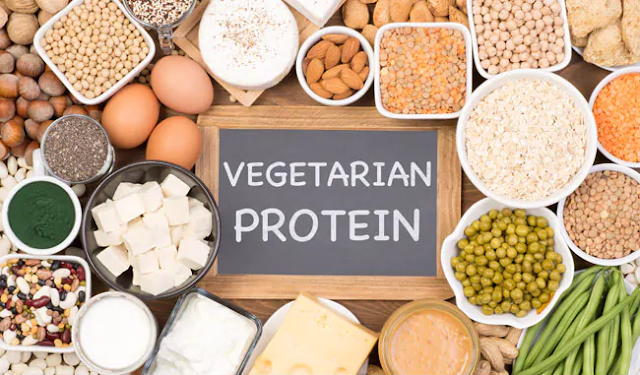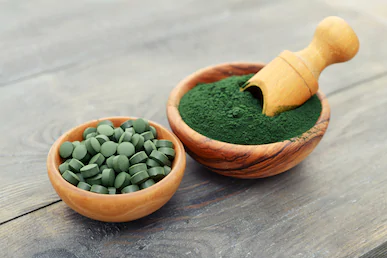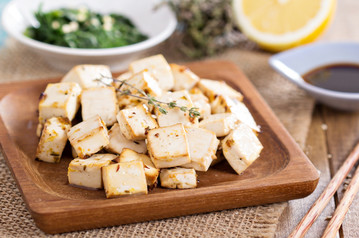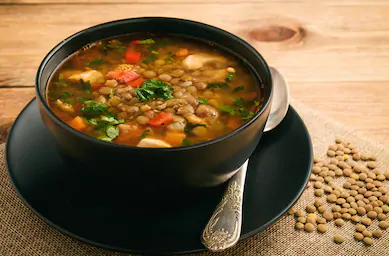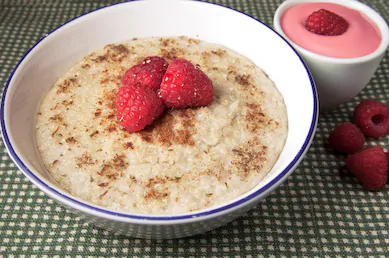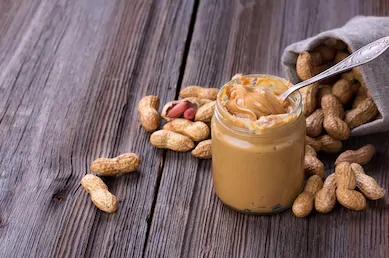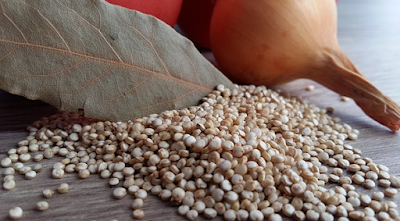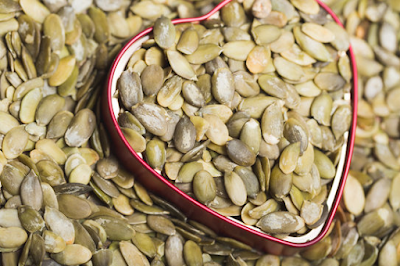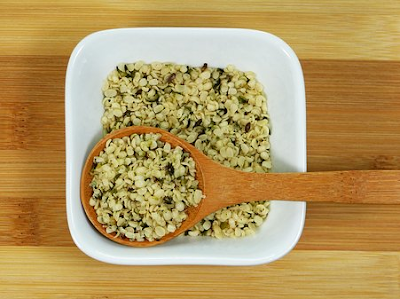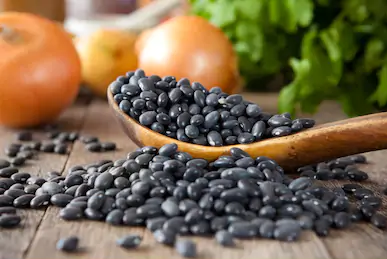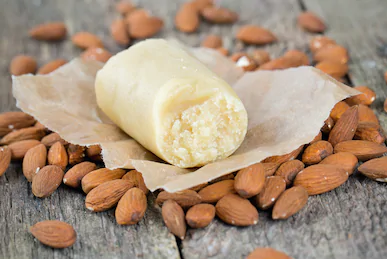Protein Rich Foods for Vegetarians
Most plant foods contain some protein. A vegetarian who eats a wide selection of foods will consume sufficient protein inside the course of the day. Nuts and seeds are an under-appreciated source of protein. They might be added to a wide range of sweet and savory vegetarian dishes.
Also Read: What is Balanced diet 2019?
Vegetarian sources of protein
1. Seitan :
There are about 20 grams of protein in 85 grams seitan
Seitan is an excellent source of protein, especially for vegetarians. It is a meat substitute popular with vegetarians. The name is translated from Japanese as an abbreviation for the phrase “vegetable protein". Seitan is made from wheat gluten, which absorbs the tastes of neighbors in a saucepan, and pan. In dishes, Seitan will replace chicken and duck, as well as perfectly fit into a vegetable or mushroom broth. A wheat gluten-based food. Commonly referred to as "wheat-meat’.
2. Spirulina :
There are about 65 grams of protein in 100 grams of Spirulina seeds
Spirulina is among the world’s most popular protein supplements. Spirulina is by far the best source of protein. Contrary to popular belief that Spirulina protein is full, unfortunately, this baby alga does not have two amino acids — Methionine and cysteine. But it does not matter. All we need to fill in the missing amino acids is to add ingredients such as corn, oats, nuts or seeds to Spirulina. Now you can include this mixture based on home-made bars, balls with dried fruits, or add the original green color to the composition of vitamin porridge.
3. Soy:
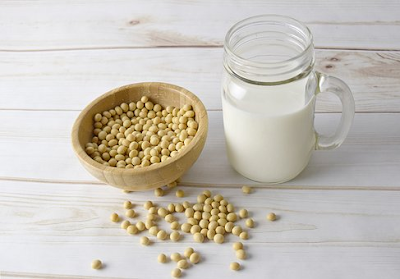
There are about 4 grams of protein per 14.3 grams of soy
While legumes are lack of amino acid Methionine. Soy is a complete source of protein and deserves its status as one of the main alternatives to meat. Of course, buying soy products, it is important to check whether GMO technologies have not been used for the production of raw materials. By the way, when choosing tofu, you should give preference to the most solid types, since they contain more proteins. It contains 10 grams of protein for 0.5 cups of tofu cheese.
4. Tofu:
There are about 15 grams of protein in 100 grams of tofu
Nutritionally, tofu or bean curd is low in calories, whereas containing a comparatively great amount of protein. The best thing about tofu is that it can be cooked or even raw. You can choose any of these options by lightening tofu, grinding, sipping, salted or then tofu. By applying it in any dish, its flavor increases significantly. Tofu is a wonderful meat choice for many dishes. Tofu contains high amounts of oil and calcium.
5. Flax Seed :
There are about 10 grams of protein in 100 grams of flax seeds
The flaxseed or linseed seeds are small golden brown, containing fiber, protein and omega 3 fatty acids. Flaxseed has excellent benefits for good heart, hair, skin health, etc. These are the sources of protein, and they are very beneficial and have many properties to use. They can be put on top of any dish, or even after crisp frying can be eaten. To nourish the body, these seeds can be used in any snack, beverage or dessert.
6. Lentil:
There are about 18 grams of protein in 1 cup of lentil
Lentil is not only a good source of protein, however additionally effective in increasing hungriness. If lentil pulses are consumed regularly, it provides approximately 50% of the daily fiber required by the body. Lentil is an excellent source of Folate and it can be used in a variety of dishes. Using lentils, you can make a healthy soup and salad.
7. Oat bran:
There are about 13 grams of protein in 100 grams oat bran
Oat bran is an excellent source of protein, especially for vegetarians. Rich in fiber, magnesium, iron, and zinc, oat bran also provides us with a lot of protein, 13g for a 100g serving. Oat bran is also known for its virtues, slimming, anti-diabetes and anti-cholesterol.
8. Peanut butter:
There are about 7 grams of protein in 28 grams of peanut butter
Although excessive consumption of peanut butter can add centimeters to the waist, the standard two teaspoons provide the necessary dose of protein and healthy fats to build muscle tissue. According to the results of research on nutrition diet, the use of peanuts helps prevent cardiovascular and coronary diseases. These problems are quite common. For maximum benefit, use the product without salt, sugar, and hydrogenated fats.
9. Walnuts:
There are about 20 grams of protein in 100 grams walnuts
Walnuts are an excellent source of protein, vitamins, other nutritions, especially for vegetarians. Like nut, almond or pistachio, this nut is a good source of protein, it provides 20 g per 100 g. Also, the nut contains plant Sterol that helps lower bad cholesterol.
10. Quinoa:
There are about 14 grams of protein in 100 grams quinoa
May be quinoa is the only complete protein source which is a grain. This little seed may be a superb source of vegetable protein that provides 14 g of protein per 100 g of quinoa. It is also very well supplied with essential amino acids, fiber, mineral salts, and non-heme iron. It can also claim to be a part of foods that do not contain gluten.
11. Pumpkin seeds:
There are about 25 grams of protein in 100 grams of pumpkin seeds
Whether natural or roasted, pumpkin seeds are an important source of vegetable protein for vegetarians and contain 25 g of protein for a 100 g serving. They are also very well provided with vitamins A, B1, B2 and minerals like- iron, zinc, copper, calcium potassium, etc.
12. Chickpeas :
There are about 17 grams of protein in 100 grams chickpeas
Chickpeas are an excellent source of protein, vitamins, other nutritions, especially for vegetarians. This native seed from Central America is particularly rich in antioxidants, fiber, potassium, and omega-3, but its main asset lies in its protein content, 17 g per 100g of chickpeas.
13. Hemp seeds:
There are about 20 grams of protein in 100 grams hemp seeds
Hemp seeds are an excellent source of protein, fiber, vitamins, etc specially for vegetarians. Hemp seeds to taste something in between a sunflower seed, and pine nuts. In addition to protein, they are rich in fiber, omega-3 fatty acids, and magnesium. Hemp seeds are so versatile that they can be used in both salty and sweet dishes.
There are about 24 grams of protein in 100 grams black beans
Black beans are an excellent source of folic acid, potassium, iron, and fiber. Black beans, cooked with brown rice, have a nutty flavor and give additional valuable protein. This means that together they contain the ideal dose of all nines essential amino acids that our body needs. You can add black beans to soups, salads, and, of course, to tacos. It is a traditional dish of Mexican cuisine.
15. Almond paste:
There are about 15 grams of protein in 100 grams of almond paste
Almond paste is an excellent source of protein, vitamins, other nutritions, especially for vegetarians. Almond paste is more granular in structure than peanut and contains more fibers, calcium, potassium, and iron, less, and saturated fat. Try adding a spoonful of almond paste to the oatmeal and smoothie or spread a thick paste on the toast.
